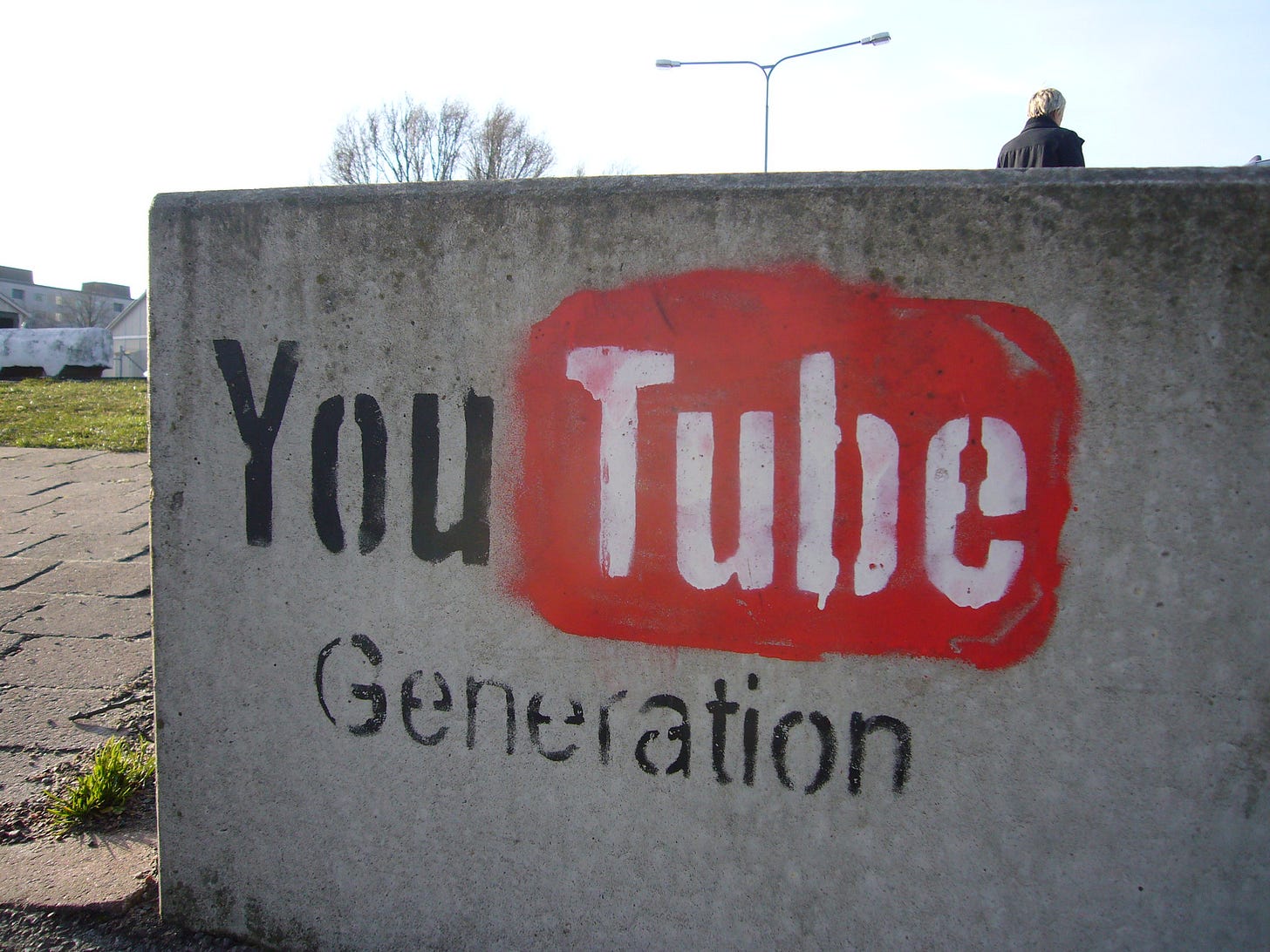Government Court Filing on Bill C-11: “The Act Does Allow For the Regulation of User-Uploaded Programs on Social Media Services”
For the better part of two years, a steady parade of government ministers and MPs insisted that user content regulation was out of the bill. This week Ministry of Justice lawyers provided their take.
The public outcry over the Online Streaming Act is largely in the rear view mirror as the law is now at the CRTC facing years of regulatory and court battles. Last week, the Commission issued its first major ruling on the mandated payments by Internet streaming services, a decision that, as I’ve written and discussed, is likely to increase consumer costs with limited benefit to the film and television sector. While Bill C-11 may ultimately become associated with the consumer implications and the CRTC’s failure to consider the market effects, for many Canadians the bill is inextricably linked to fears of user content regulation. For the better part of two years, a steady parade of government ministers and MPs insisted that user content regulation was out of the bill even as a plain reading made it clear that it was in. This week Ministry of Justice lawyers provided their take, arguing on behalf of the government in a court filing that “the Act does allow for regulation of user-uploaded programs on social media services.”
The filing arises from a Google challenge to another CRTC ruling, this one involving the fees that broadcasting undertakings (which now includes Internet streamers) pay to the Commission. The CRTC ruled that given the government’s policy direction to override the law by excluding user content, user uploaded content was not to be factored into the revenue calculation that determines the applicable fee. However, it also ruled that advertising that often accompanies user content was subject to inclusion in the revenue calculation since the ads are uploaded by Youtube rather than users.
In order to make the case that the advertising backing user uploaded content is caught by the law, Justice lawyers argue that user uploaded content itself is plainly covered by the legislation. Their filing states:
Contrary to the Applicant’s position, the Act does allow for the regulation of user-uploaded programs on social media services, so long as certain conditions are met. Subsection 4.1(2) states that, despite subsection 4.1(1), the Act applies in respect of a user-uploaded program if the program meets one of two preconditions. The first precondition is that the program is uploaded to the social media service by the provider of the service or the provider’s affiliate, or by the agent or mandatary of either of them. The second precondition is that the program meets the criteria set out in Section 4.2.
Section 4.2 is even broader. It allows the CRTC to prescribe user-uploaded programs on a social media service in multiple different situations. As long as the CRTC follows the parameters set out in this section, it can prescribe social media programs.
I don’t find it particularly convincing in the context of this case on the status of ads accompanying user content, but Justice lawyers are right that the regulation of user-uploaded content is included in Bill C-11. Yet the government consistently denied that conclusion over the objections of many experts throughout the legislative process. Indeed, that is precisely what I wrote within hours of the bill’s introduction in February 2022:
Views on the scope of this regulatory approach may vary, but it is undeniable that: (1) regulating content uploaded to social media services through the discoverability requirement is still very much alive for some user generated content; (2) the regulations extend far beyond just music on Youtube; (3) some of the safeguards in Bill C-10 have been removed; and (4) the CRTC is left more powerful than ever with respect to Internet regulation.
I repeated the message months later when I appeared before Standing Committee on Canadian Heritage in May 2022:
When Minister Rodriguez introduced this bill, he stated “we listened to concerns around social media and we fixed it.” With respect, many of the concerns remain intact. While the Section 4.1 exception for user content was reinstated, the addition of Section 4.1(2) and 4.2 – which together provide for the prospect of CRTC regulations on user content – were added. The bottom line is that user content is treated as a “program” and the CRTC is empowered to create regulations applicable to programs that are uploaded to social media services. Non-commercial user generated content may be out, but user content that generates even indirect revenue is subject to potential inclusion within the regulations.
Critics and concerned voices, notably including many creators, were repeatedly disrespected, ignored, or told they were wrong when they pointed out what was readily apparent in the bill. Our politics is often dominated by debates about political parties engaging in deceptive communication, frequently characterized as misinformation or disinformation. For my money, the government’s approach on Bill C-11 provides a paradigm example. Just ask the lawyers at the Ministry of Justice.
Post originally appeared at https://www.michaelgeist.ca/2024/06/government-court-filing-on-bill-c-11-the-act-does-allow-for-the-regulation-of-user-uploaded-programs-on-social-media-services/
Find me on:





The bill tightens the government's grip on censorship so that their next attempts using SHOCK THERAPY (Covid-19 fake pandemic) in order to eviscerate the government workforce, steal our pensions and privatize Canada Post via the criminal mandates of disaster capitalism can't be challenged. Arrest Mark Carney and grant him due process and a fair criminal trial for his Covid-19 shock therapy crimes against Canadians. The significant proceeds of crime stolen from government workers by the Chicago School Cartel must be confiscated and returned to the victims of these crimes against humanity. Moreover, the widespread use of electromagnetic weapons and the WBAN (Wireless Body Area Network IEEE802.15.6 in the terahertz band) to torture dissidents and whistle-blowers must be criminalized and stopped.
https://www.developmenteducationreview.com/issue/issue-8/shock-doctrine-rise-disaster-capitalism
https://en.wikipedia.org/wiki/Obedience_to_Authority:_An_Experimental_View
To be clear, this is what they want to censor. 👇
https://odysee.com/$/embed/@BKBlair:e/trim.13875FA0-43FD-433F-9C87-3144A65FC2D8:5
https://rumble.com/v50u6qe-june-10-2024.html
What a shocker. This Government lied and overstepped. First time for everything :S